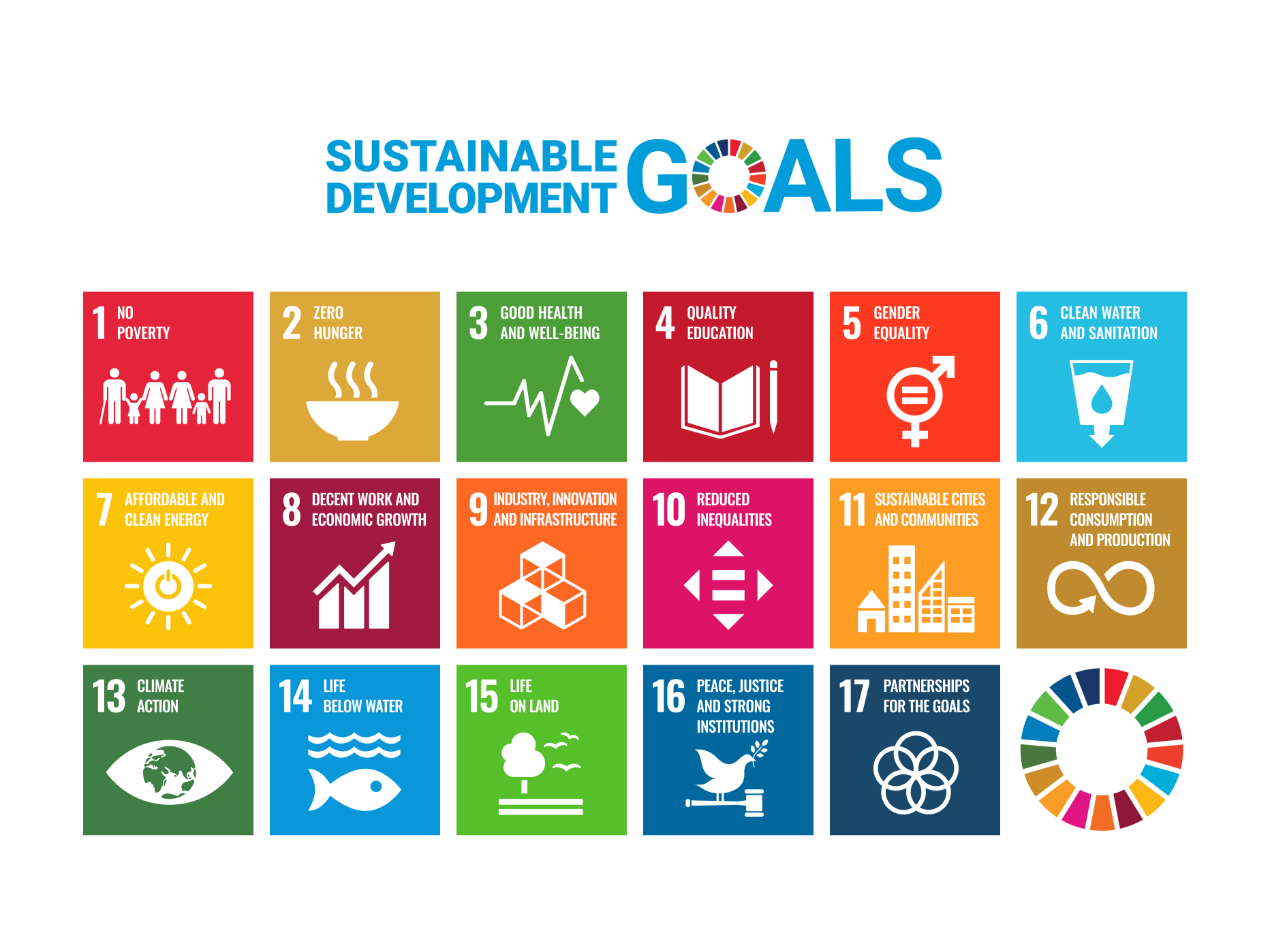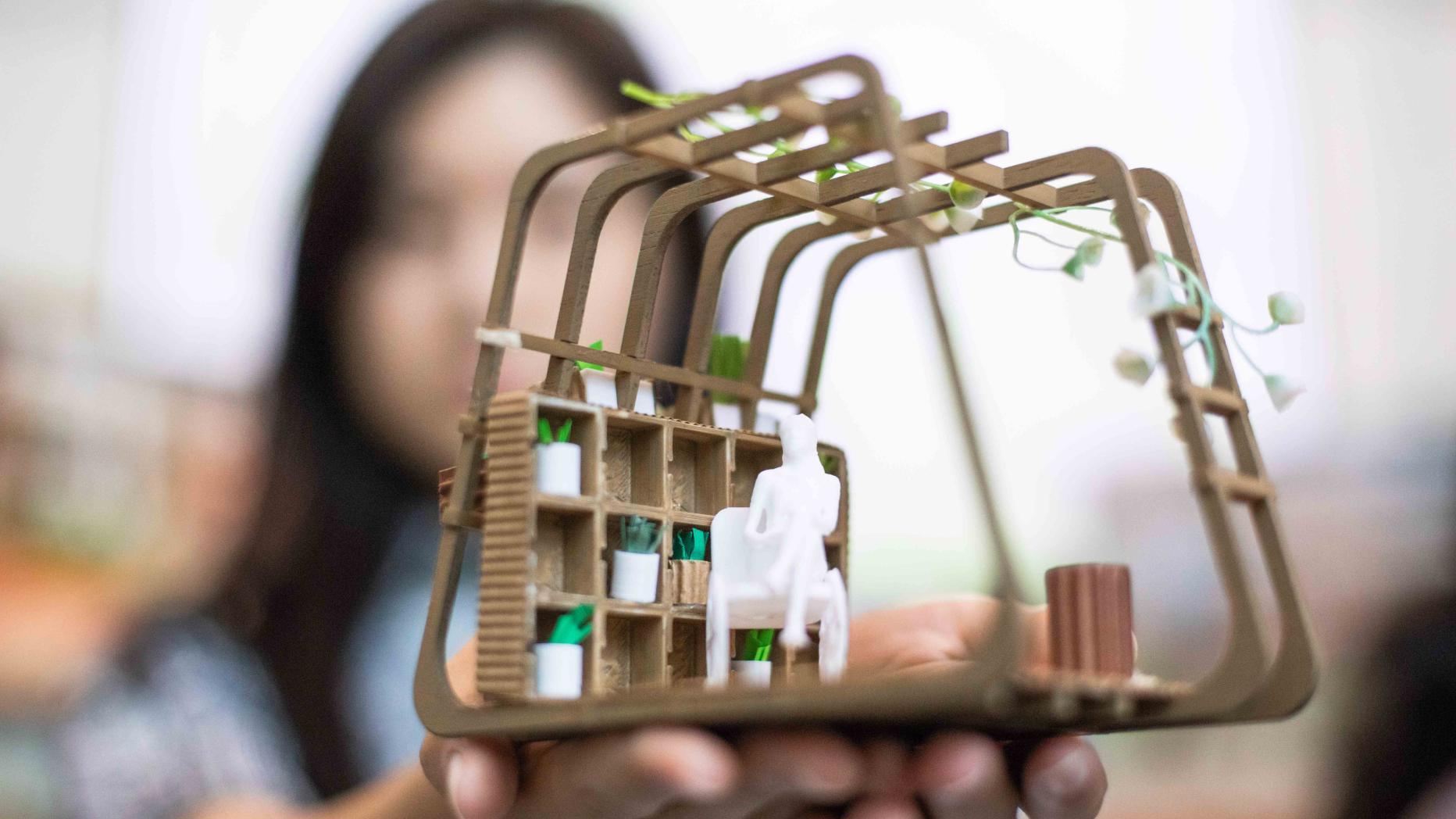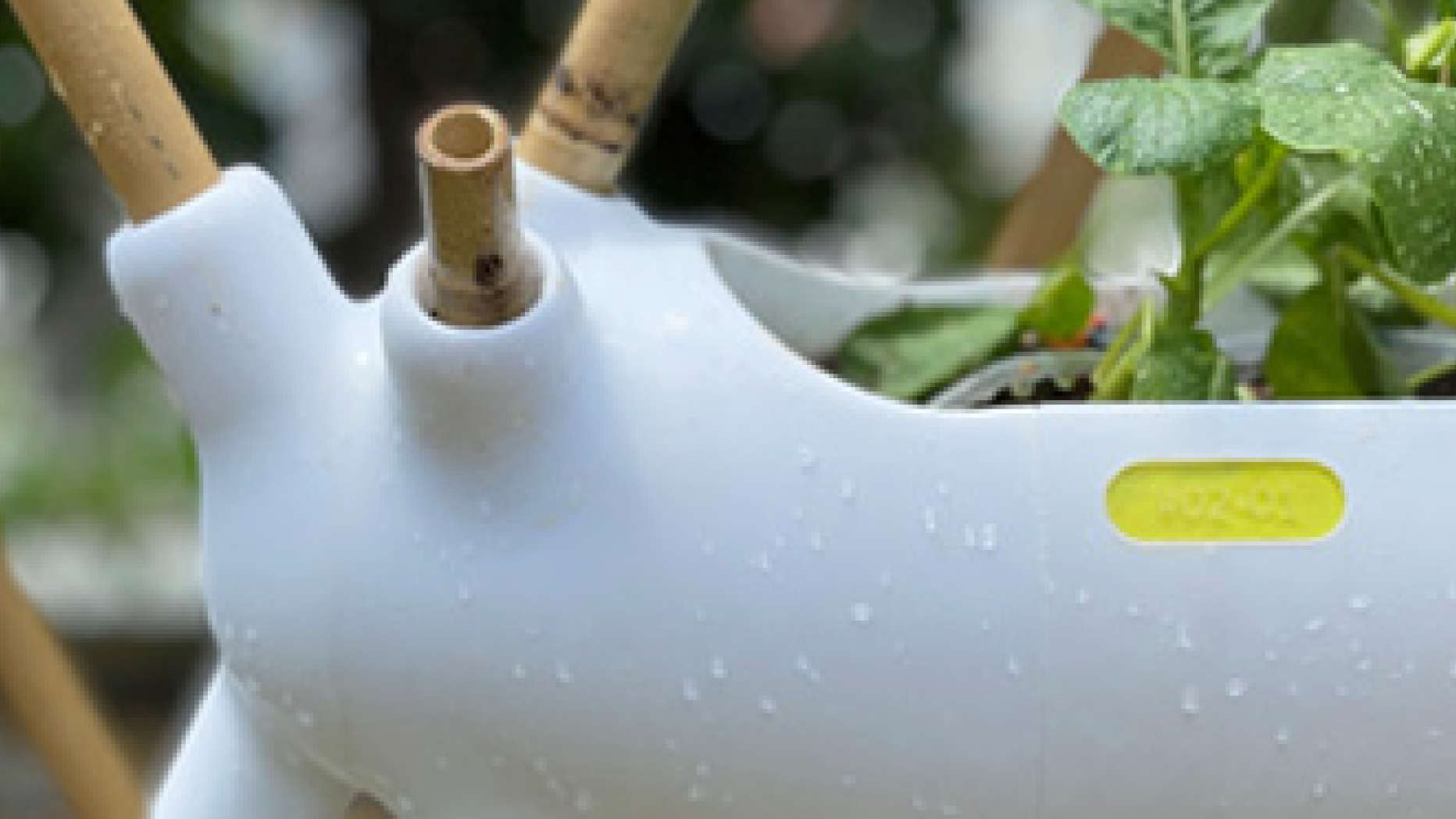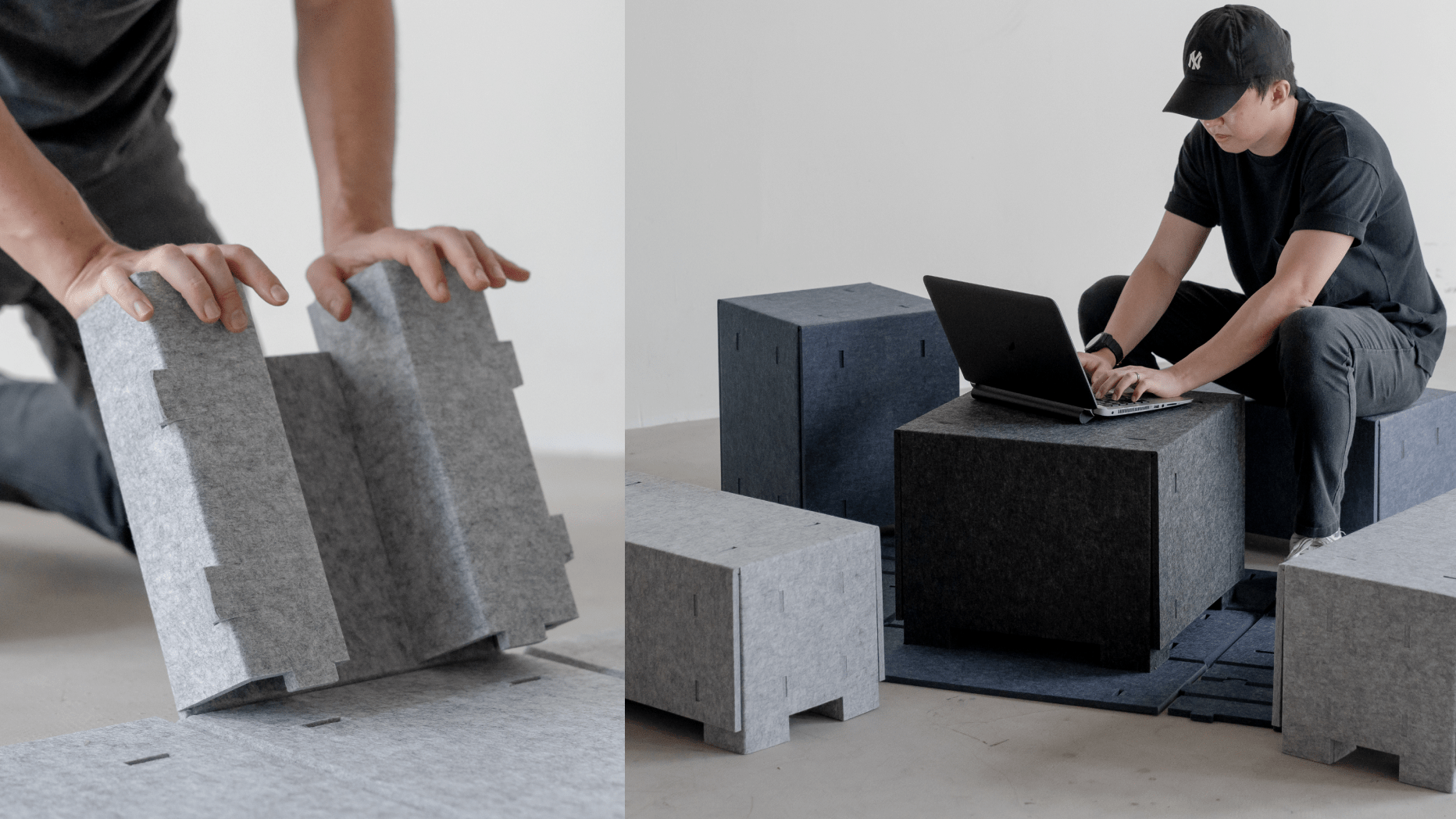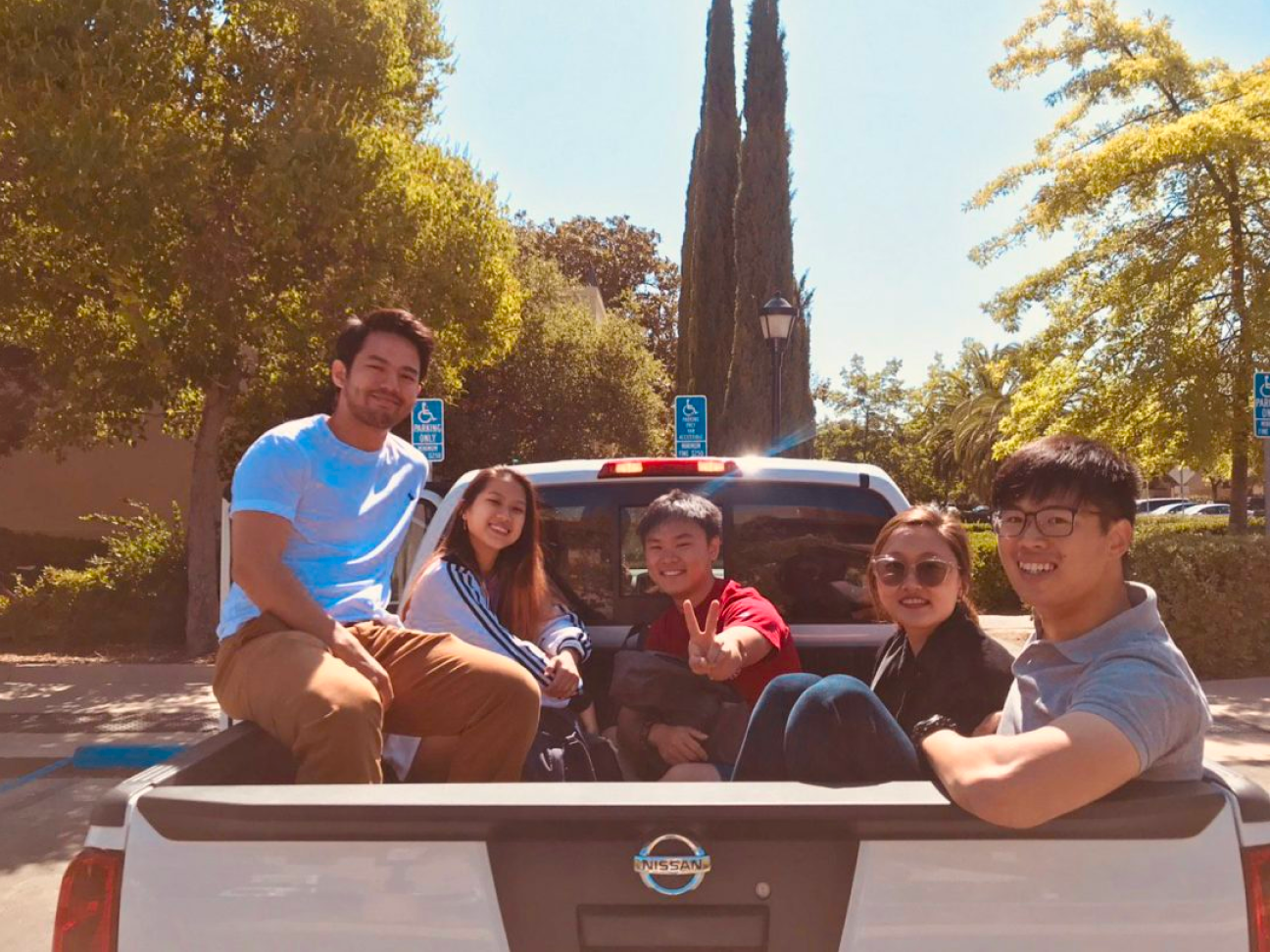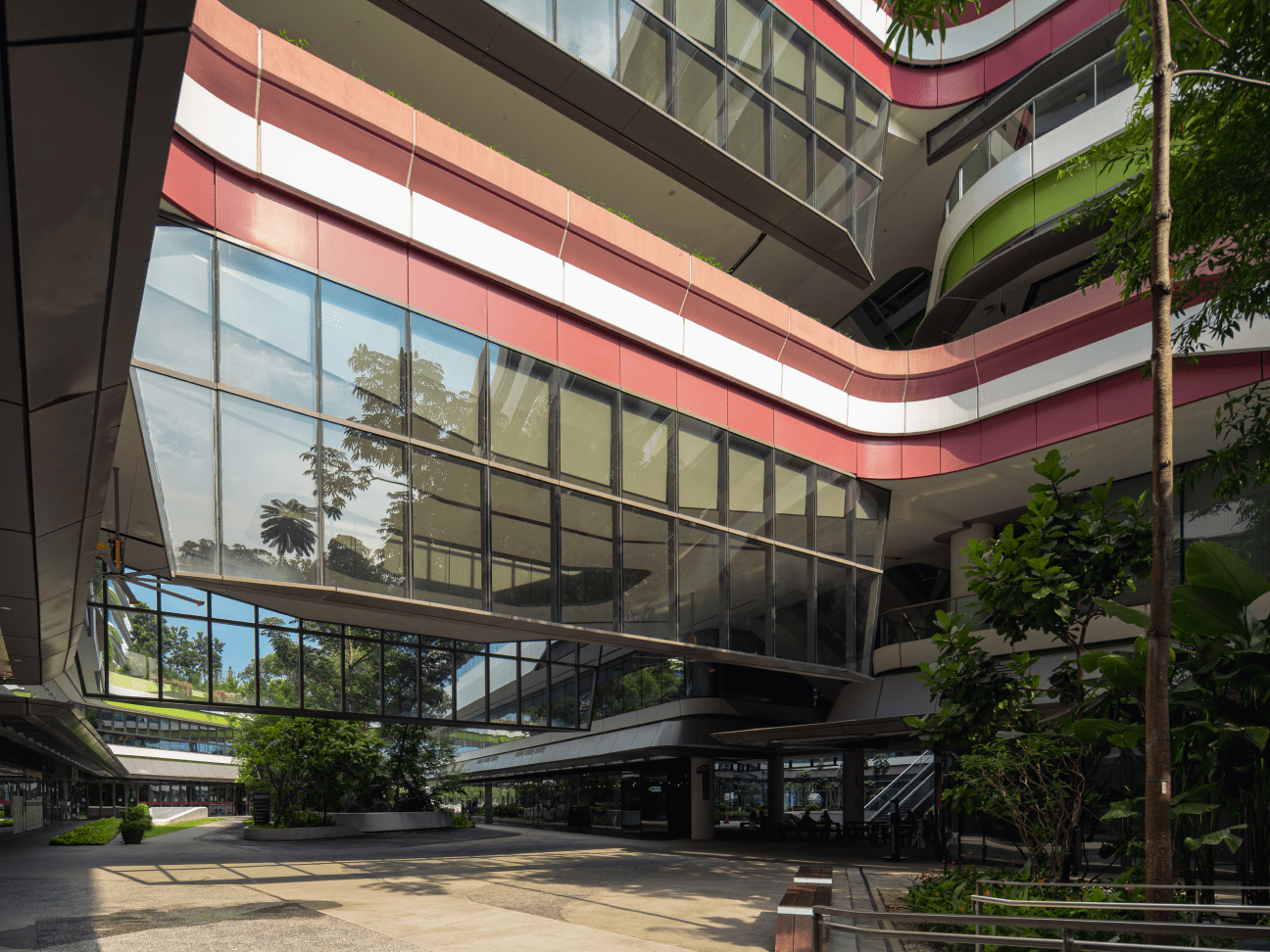Sustainability
Led by SUTD's mission "A Better World by Design", the SUTD Sustainability Plan (SSP) leverages technology and design thinking towards a more sustainable world. As one SUTD community, we aim to build a lasting, holistic culture of sustainability.
Our commitment to a sustainable future

Research
We’re constantly seeking new insights into sustainable cities, technologies, and services for a better world.
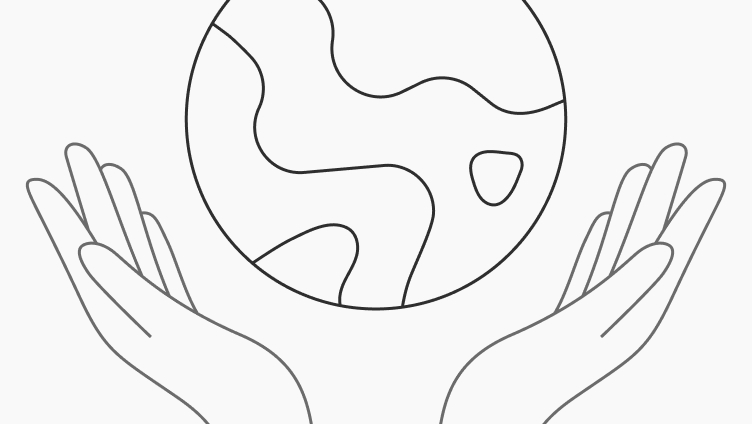
Education
We nurture new generations of passionate, design-trained and technically-grounded pioneers, through hands-on education programmes.
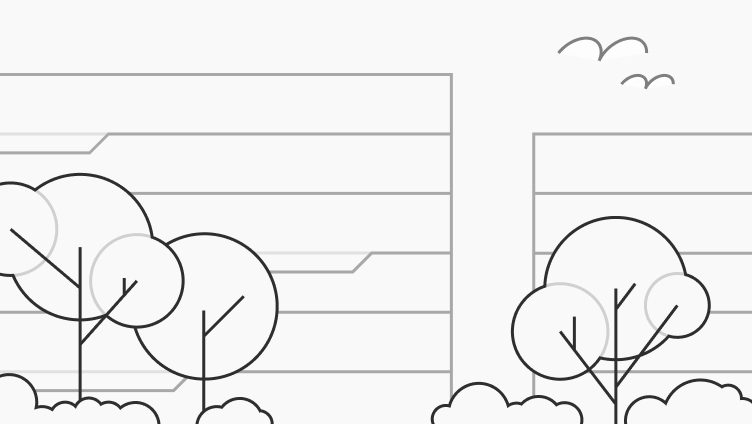
Campus
We seek to transform our campus into a green and experimental ground for new, sustainable technologies.
SUTD sustainability goals
Achieving a better world, one step at a time
Discover how we impart our values to positively impact individuals, our community and the environment.
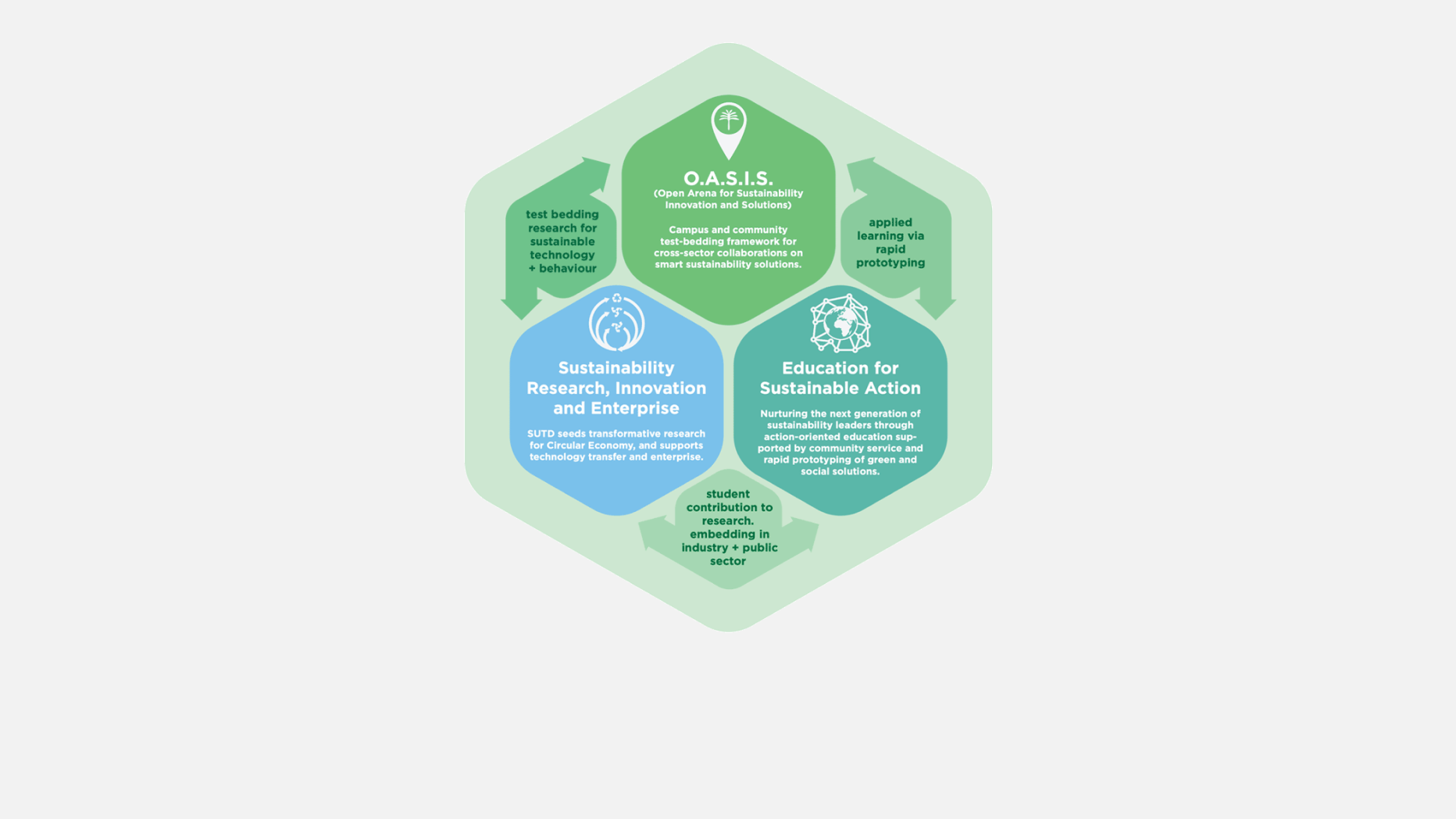
Community and coalition partners
Collaborating to create smart, low-carbon solutions
Fostering a culture of sustainability
Promoting ground-up initiatives and eco-friendly habits
Sustainability research
With a new research initiative on the circular economy
100% participation by SUTD community
Including all levels of our SUTD community in our efforts to go green
Education for sustainable action
Through hands-on education on sustainability and green practices
OASIS
Making our campus an OASIS (Open Arena for Sustainability Innovations & Solutions) for all
Sustainability in SUTD
Incorporating sustainability throughout SUTD
As a future-forward university, sustainability is an integral part of SUTD’s education, research, and various initiatives led by our researchers, faculty, students and alumni.

